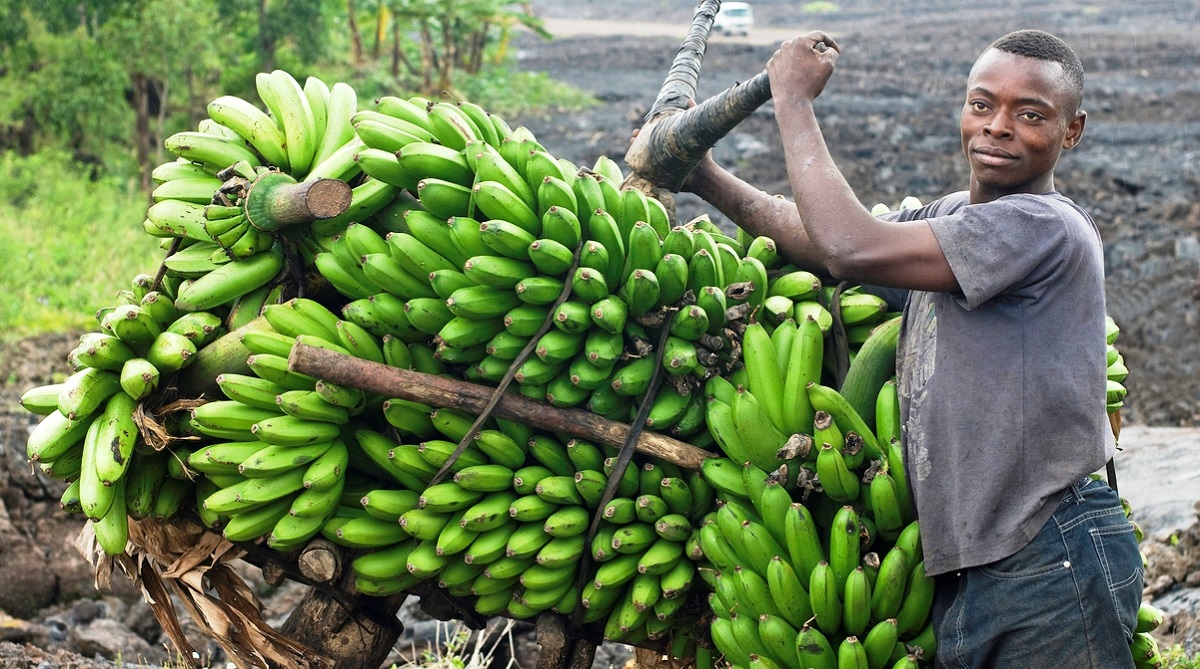Felix Tshisekedi re-elected President of Congo: Electoral Commission
Moise Katumbi, one of the main opposition candidates, attained the second position with about 18 per cent of the votes, according to the Commission.
The presidential election in a country, however tiny, has thus been made an international issue on a day the constitutional court accorded its sanction to the dubious.

Eastern Congo. (Image: iStock)
In the aftermath of a direly disputed election, the Democratic Republic of Congo bears witness to what has been binned as a “constitutional coup”, which in itself makes a mockery of the structure of governance in a fractious country. The plot thickens with the pivotal entity that masquerades as the DRC’s constitutional court confirming Felix Tshisekedi’s spurious victory in the recent presidential election. In the event, neither the Constitution nor democracy has been upheld, which is perhaps the worst of both worlds. In the immediate perspective, Tshisekedi may have scored a victory of sorts and the court may have come to his rescue by manipulating the result. For all that, it shall not be easy to affirm his credibility within the comity of nations or even within the continent of Africa. Martin Fayulu, who has been placed second, has rejected the provisional tally for DRC’s election, alleging that it was the “outcome” of a secret deal between Tshisekedi and the outgoing President, Joseph Kabila, to deprive him of a clear margin of victory of more than 60 per cent of the votes. Though the supporters of both Kabila and Tshisekedi have denied the deal, it is hard not to wonder whether the outgoing Head of State had a hand in the constitutional fiddle.
Hence the general accusation that Kabila and the ruling party have “stitched up the result”. Fayulu has urged the Congolese people to not recognise anyone who “illegitimately claims” to be President, asserting that he defeated the official winner by a wide margin. “The constitutional court has just confirmed that it serves a dictatorial regime by validating false results, and enabling a constitutional coup d’etat,” he said in a statement. Having exposed the calculated spin on the outcome, he has urged the international community to reject the results. “I ask the entire international community not to recognise a power that has neither legitimacy nor legal standing to represent the Congolese people,” he said of Tshisekedi, declaring himself “the only legitimate President”.
Advertisement
The presidential election in a country, however tiny, has thus been made an international issue on a day the constitutional court accorded its sanction to the dubious. It is the loss of face that the successor regime will have to contend with. The outcome runs counter to the psephological count. If the Head of State lacks legitimacy, it cannot but have a deleterious impact on governance. It is hard to concur with Tshisekedi’s pledge that he will strive to put in place a “Congo that will be focused on development, peace and security.” There has been no celebratory grandstanding yet. The country has witnessed enough of strife already, and fears that divisions, hatred or tribalism may yet persist are dangerously real. This is the canker that afflicts the Democratic Republic of Congo, one that was compounded on Sunday by the constitutional court.
Advertisement
Advertisement